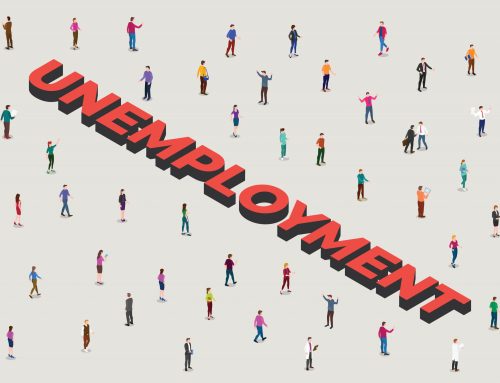February 20, 2023
According to a Manpower survey on trends in salaries and benefits for employees, almost two-thirds of Slovenian employers intend to increase wages in the first half of the year. More than a third of respondents intend to increase their salary by 6–10%.
The desire to counter the effects of inflation, retain and recruit talent, and make allowances for the higher minimum wage drove the increase, which comes after more than four out of five businesses already increased wages in the first half of 2022.
Businesses also want to lower turnover. Over half of all employers reported that the average churn rate rose from the year prior, and the average churn rate last year surpassed 12%.
The majority (55%) attributed this to higher pay at competing businesses, which was followed by unfavorable working conditions, incompatibility with superiors, layoffs, and a lack of chances for career advancement.
The highest employee turnover rate, at 30%, was in the tourism and hospitality industries, while the lowest rate, at 7.6%, was in building.
The employment market in Slovenia has been constrained for a while, but businesses are still eager to increase their payrolls.
The net employment forecast for the first half of 2023 is almost +55, which is the difference between the percentage of businesses planning to hire and those planning layoffs.
Only 2.5% of the surveyed businesses predicted there would be more layoffs than new hires, while more than half of them said they planned to hire new workers.
With 5.11% of companies anticipating layoffs in the first half of the year, manufacturing is the only industry that is doing so.
Source: Slovenia Times
Legal Notice: The information in this article is intended for information purposes only. It is not intended for professional information purposes specific to a person or an institution. Every institution has different requirements because of its own circumstances even though they bear a resemblance to each other. Consequently, it is your interest to consult on an expert before taking a decision based on information stated in this article and putting into practice. Neither Karen Audit nor related person or institutions are not responsible for any damages or losses that might occur in consequence of the use of the information in this article by private or formal, real or legal person and institutions.






